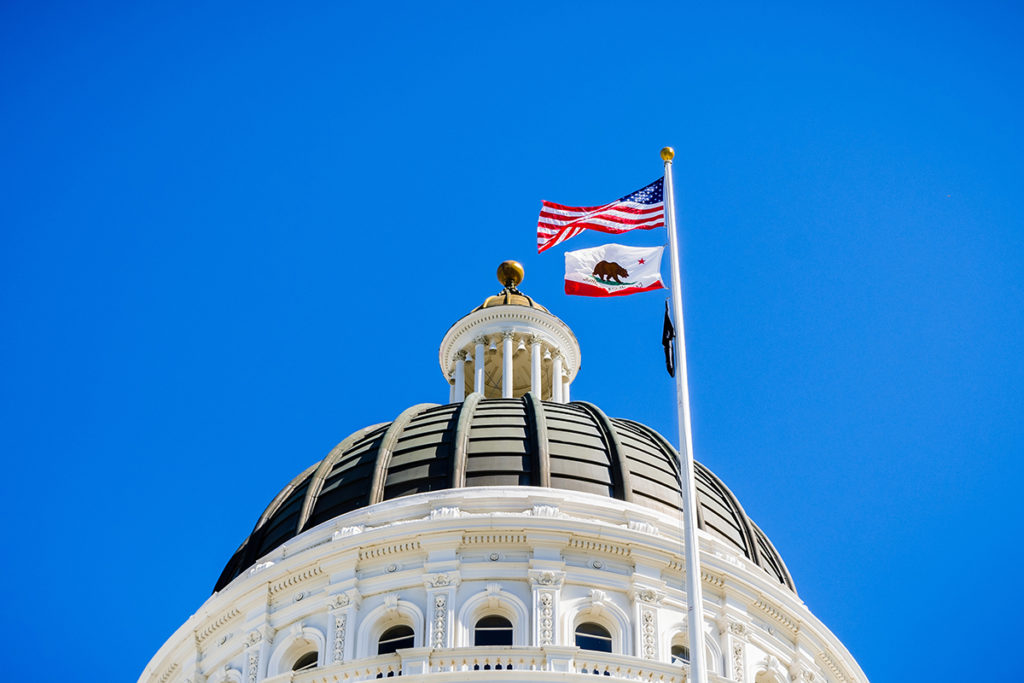If you feel that you were unjustly convicted of a crime, or are repentant and believe you deserve a second chance, you may be wondering how to clear your criminal record. A governor’s pardon is one method you might want to pursue. It confers several advantages and can affirm your commitment to living a rehabilitated life.
What Is a Governor’s Pardon?
While a pardon does not erase the crime you committed, it represents a form of forgiveness. Obtaining a pardon will relieve you of some, but not all, of the collateral consequences and penalties associated with a criminal conviction.
The conviction will remain on your criminal record, so you must still disclose it in any circumstances that require you to reveal information about past criminal activity. It will also still be a matter of public record.
In the United States, only government executives have the authority to grant a pardon. At the federal level, the Constitution explicitly grants pardon power to the office of the presidency. The right of presidential pardon does not apply to crimes committed at the state level. In these cases, the power rests with the governor.
There are two ways to apply for a governor’s pardon in California: a certificate of rehabilitation and a direct pardon. In both cases, the Board of Parole Hearings will evaluate your application and determine whether to forward it to the governor’s office.
Benefits of a California Governor’s Pardon
Why might you want to consider seeking a governor’s pardon? Advantages can include:
- Restoration of your rights to own or possess a firearm in California
- Relief from the duty to register as a sex offender
- The right to be a juror in a California jury trial
- The right to seek a job as a county probation officer or a state parole officer
- The right to apply for state professional licensing without immediate denial
- The right not to have credibility as a witness impeached based upon the conviction
- For legal non-citizens, a right to avoid deportation
Who Is Eligible to Receive a Governor’s Pardon in California?
Almost anyone convicted of a California crime can seek a pardon after a satisfactory rehabilitation period. Depending on the crime, this can be anywhere from seven to 10 years.
Your time starts when you complete your probation or parole. During this time frame, you must not be convicted of any serious crime. To earn a pardon, you must also display exemplary behavior and have demonstrable proof that you deserve such an honor.
How Might a Governor’s Pardon Affect Your Career Prospects?
Since a pardon doesn’t expunge your criminal record, potential employers can still find out about the original conviction. However, California’s “ban-the-box” law prohibits certain employers from asking about any arrest or conviction until they have made a conditional employment offer. After offering you a job, a potential employer can’t reject your application due to a prior conviction.
If you have received a conditional employment offer, you can and should tell your future employer about receiving a governor’s pardon. Doing so will let them know that you’ve stayed on track with a productive and law-abiding lifestyle for many years following a conviction.
Serving Orange County for 45 Years
Do you need expert representation in court? Contact the Law Office of Ron Brower. Through the decades, veteran attorney Ronald G. Brower has established his reputation by securing the best possible outcomes for his clients in various challenging, high-profile cases.

